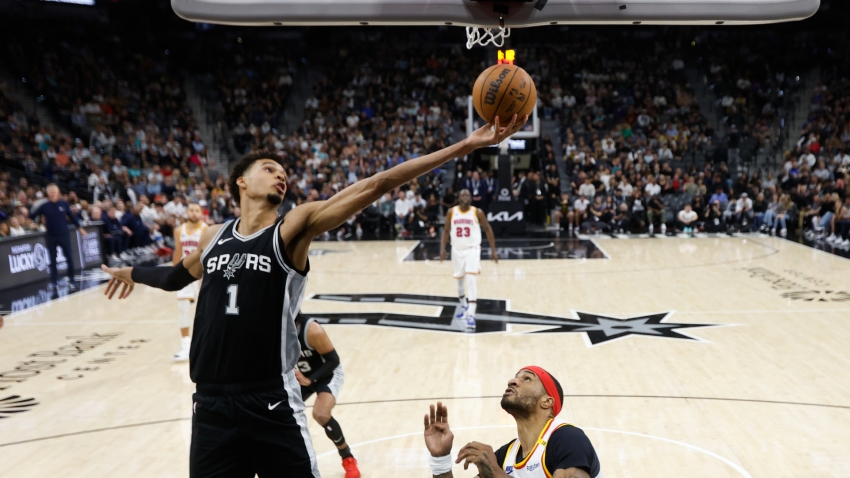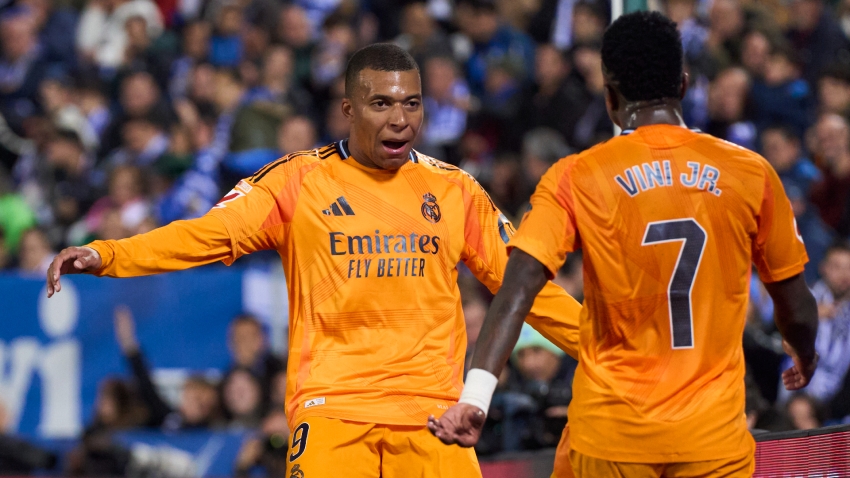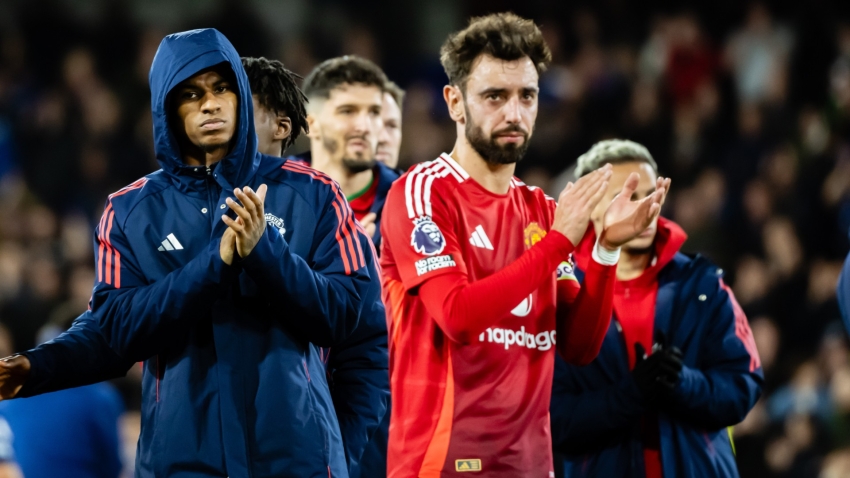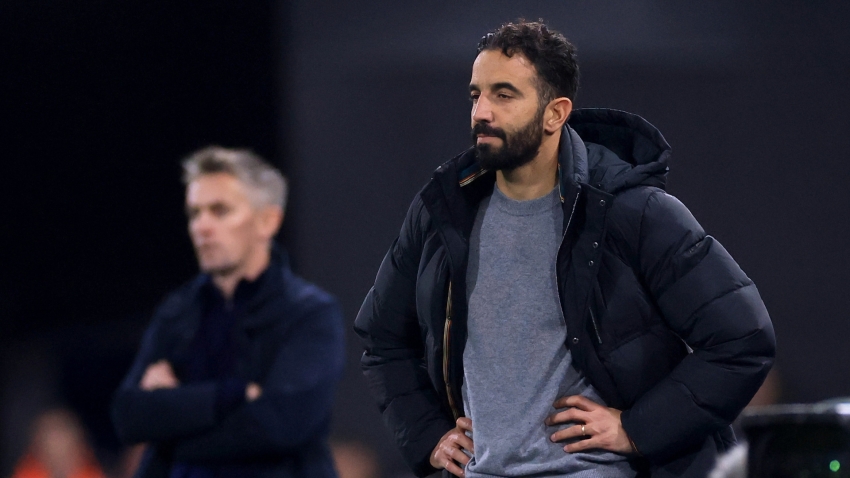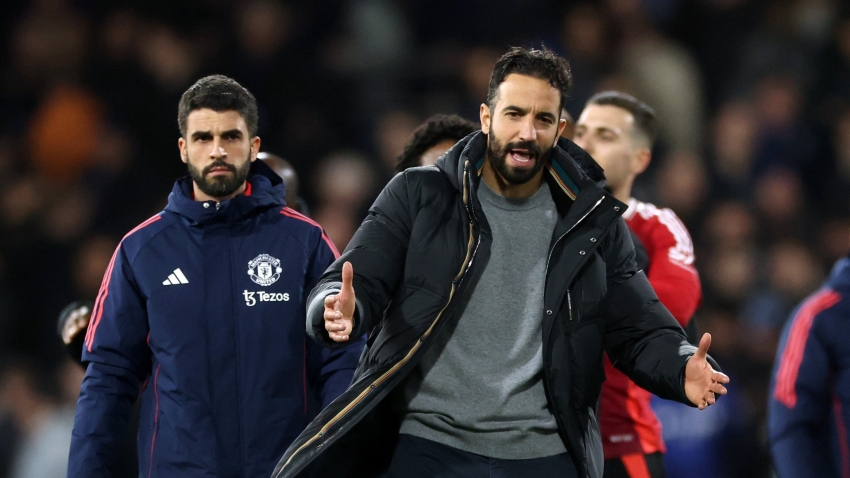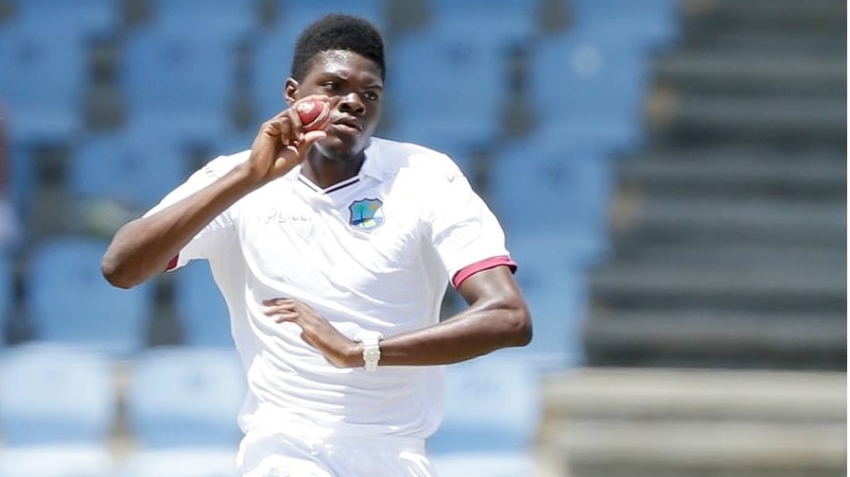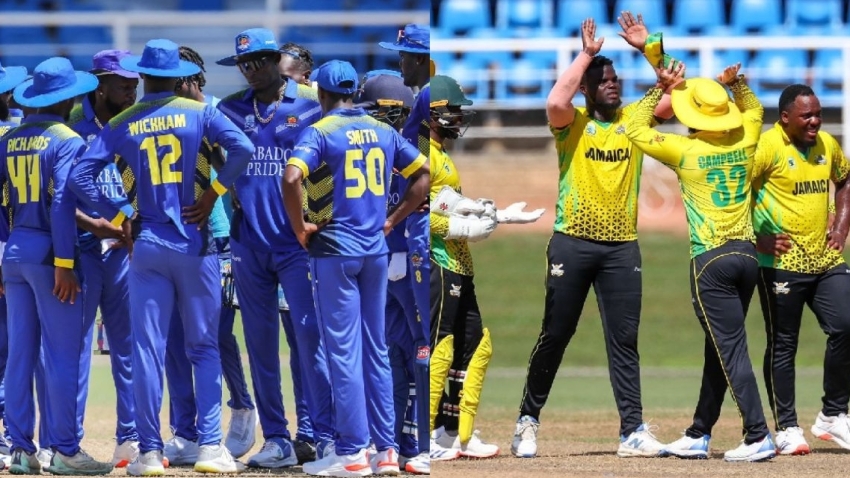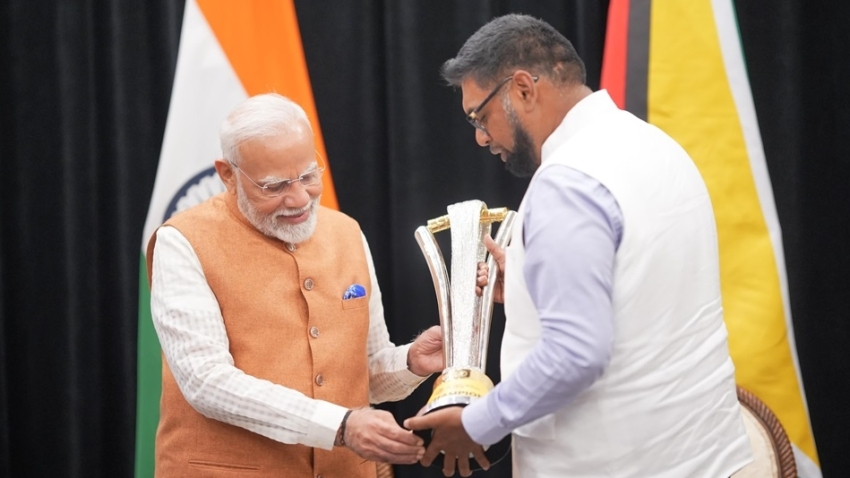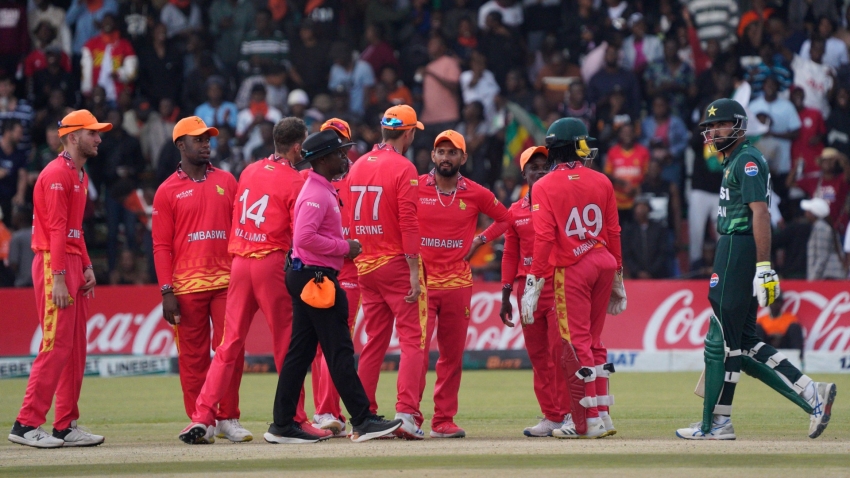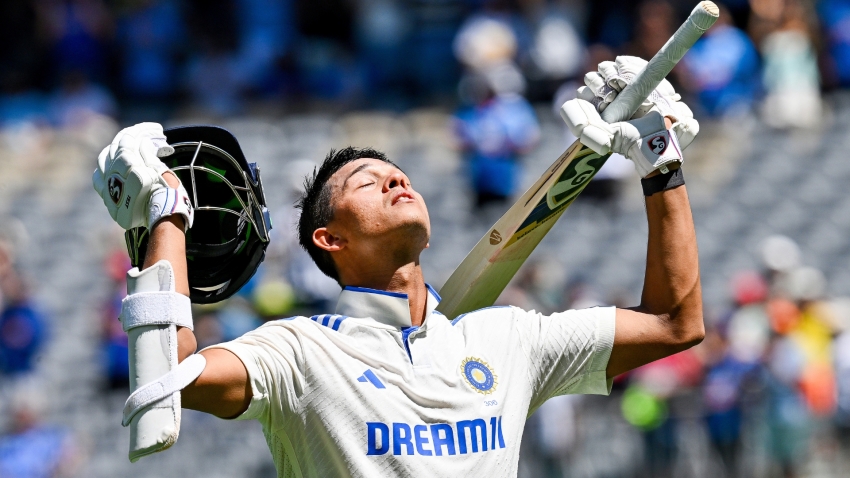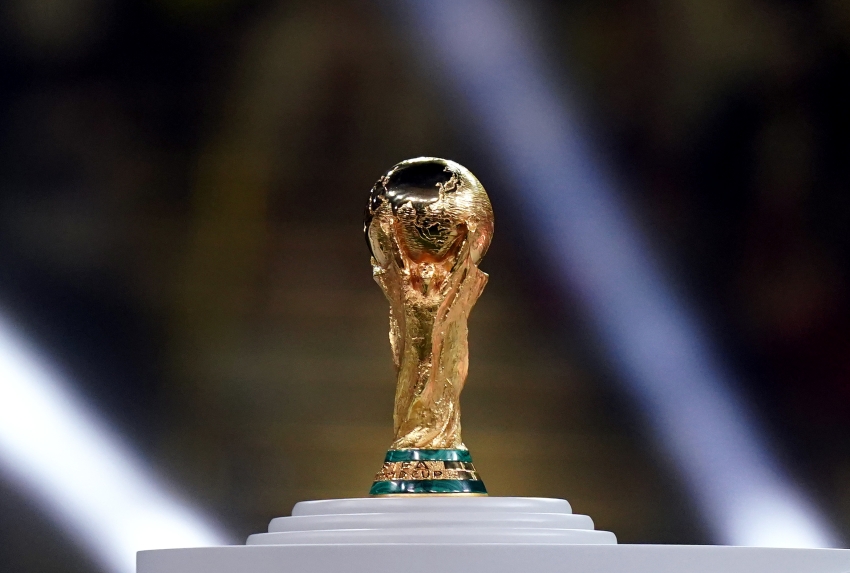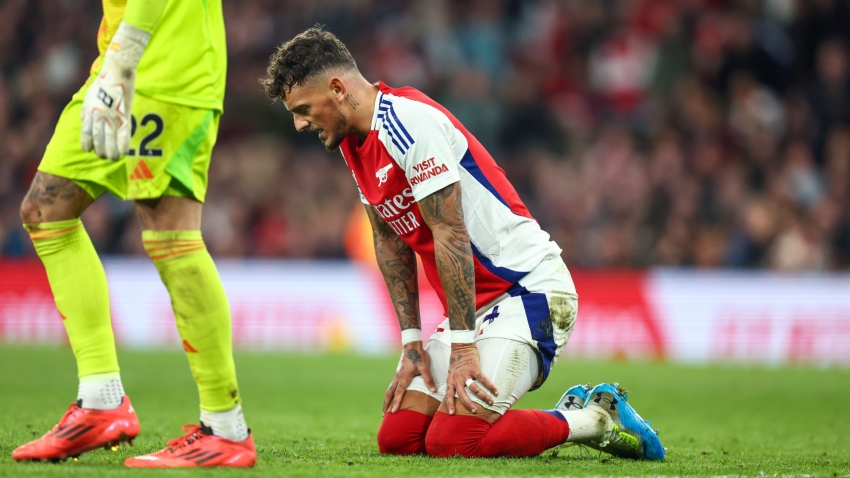The draw for the newly-expanded Nations League will take place in Paris on Thursday evening.
Here the PA news agency takes a closer look at what to expect.
How will the draw work?
The 54 competing UEFA nations will be paired into four-team groups – with four groups in Leagues A to C and two groups in League D.
Scotland are in with Europe’s big guns in League A. England, Wales and the Republic of Ireland are in League B and Northern Ireland occupy League C.
So could any of those five nations be drawn together?
In the group phase, the only possible head to head is England or Wales facing the Republic of Ireland in League B. England and Wales are in Pot 1 so cannot be drawn against each other, while the Irish are in Pot 3.
There is then the potential for some of the sides to come together in the competition’s new-look latter stages – see below.
The group stage will consist of teams playing each other home and away during the September, October and November international breaks this year.
How will the competition be different to previous editions?
Whereas in previous tournaments it has been only the winners of each of the four League A groups who have progressed to the Nations League semi-finals the following June, now the winners and runners-up in each group will feature in two-leg quarter-finals in March 2025.
In addition, there will be promotion-relegation play-offs in the same international window. Teams finishing third in groups in Leagues A and B will face play-offs against teams finishing second in groups in Leagues B and C respectively. This is where, for instance, Scotland and England could come head to head if the Scots finish third in their group and England come second in theirs.
The intention of the expansion is to provide further meaningful matches at international level, with the original purpose of the Nations League at its foundation being to take up space in the calendar previously occupied by friendlies.
The Nations League finals in June 2025 will continue to be played as single-leg semis and a final, with one of the last four teams standing serving as hosts.
How does the Nations League link in to qualifying for the next World Cup?
The primary qualification competition for the 2026 finals begins next year. The 12 group winners in that competition will qualify direct for the finals, with the 12 group runners-up entering play-offs. However, four play-off berths will also be reserved for the four best-ranked Nations League group winners who have not finished first or second in regular qualifying. The last four European qualifiers for the 2026 finals will be determined by those play-offs in March 2026.
Anything else to mention?
Under UEFA’s excessive travel restrictions, only one of England, Wales or the Republic can possibly be drawn to face Kazakhstan, who are in Pot 4 of League B.


